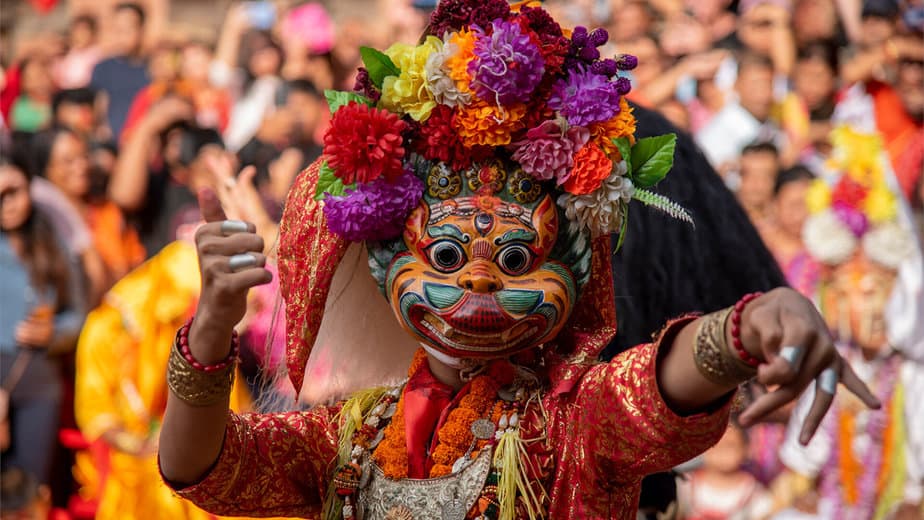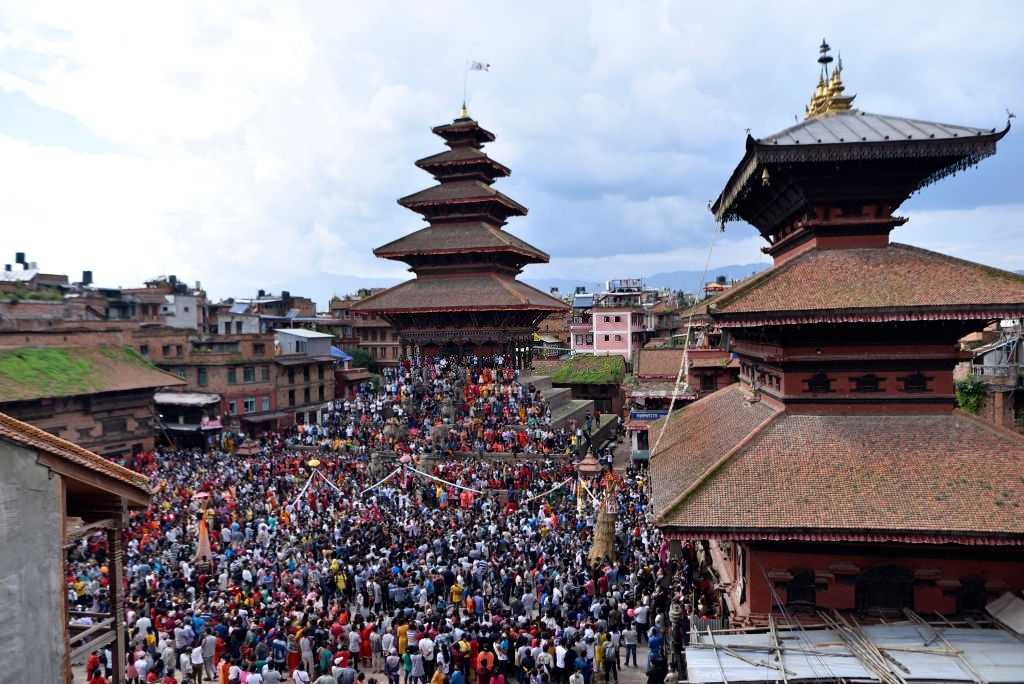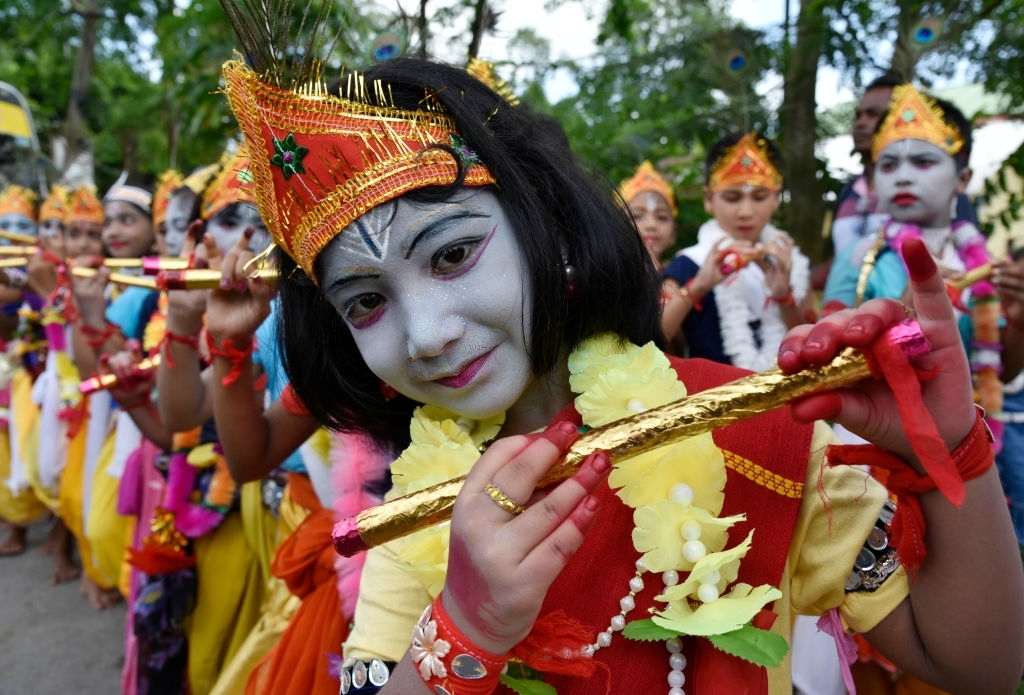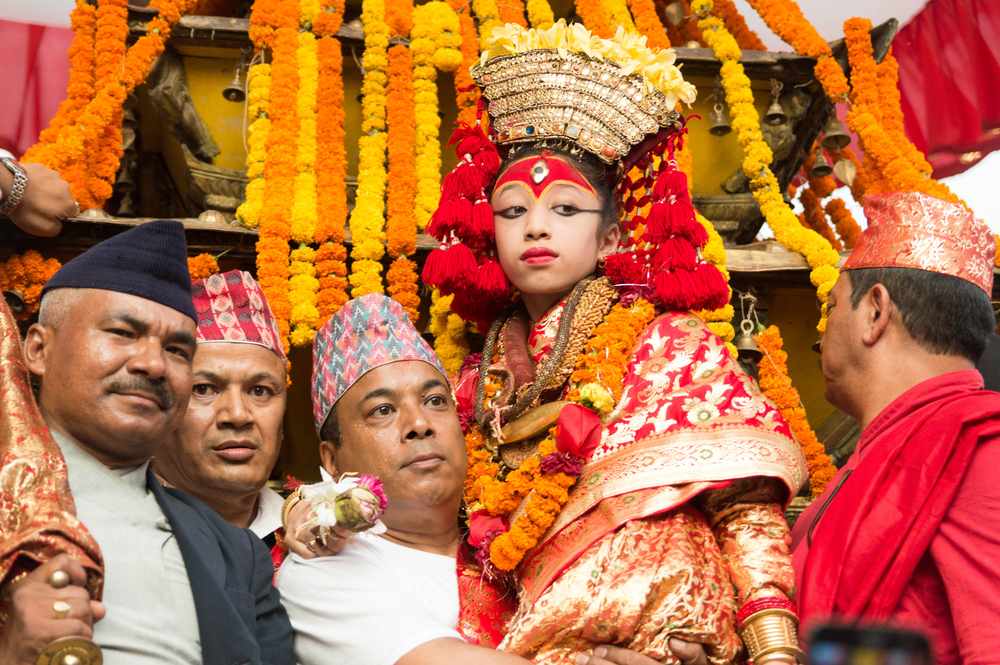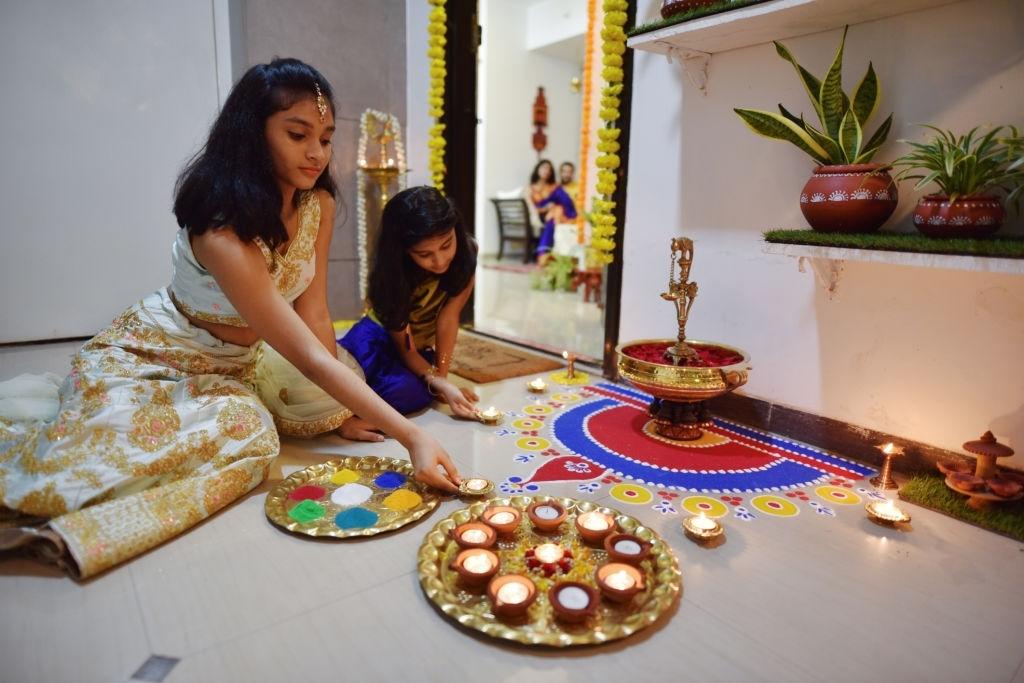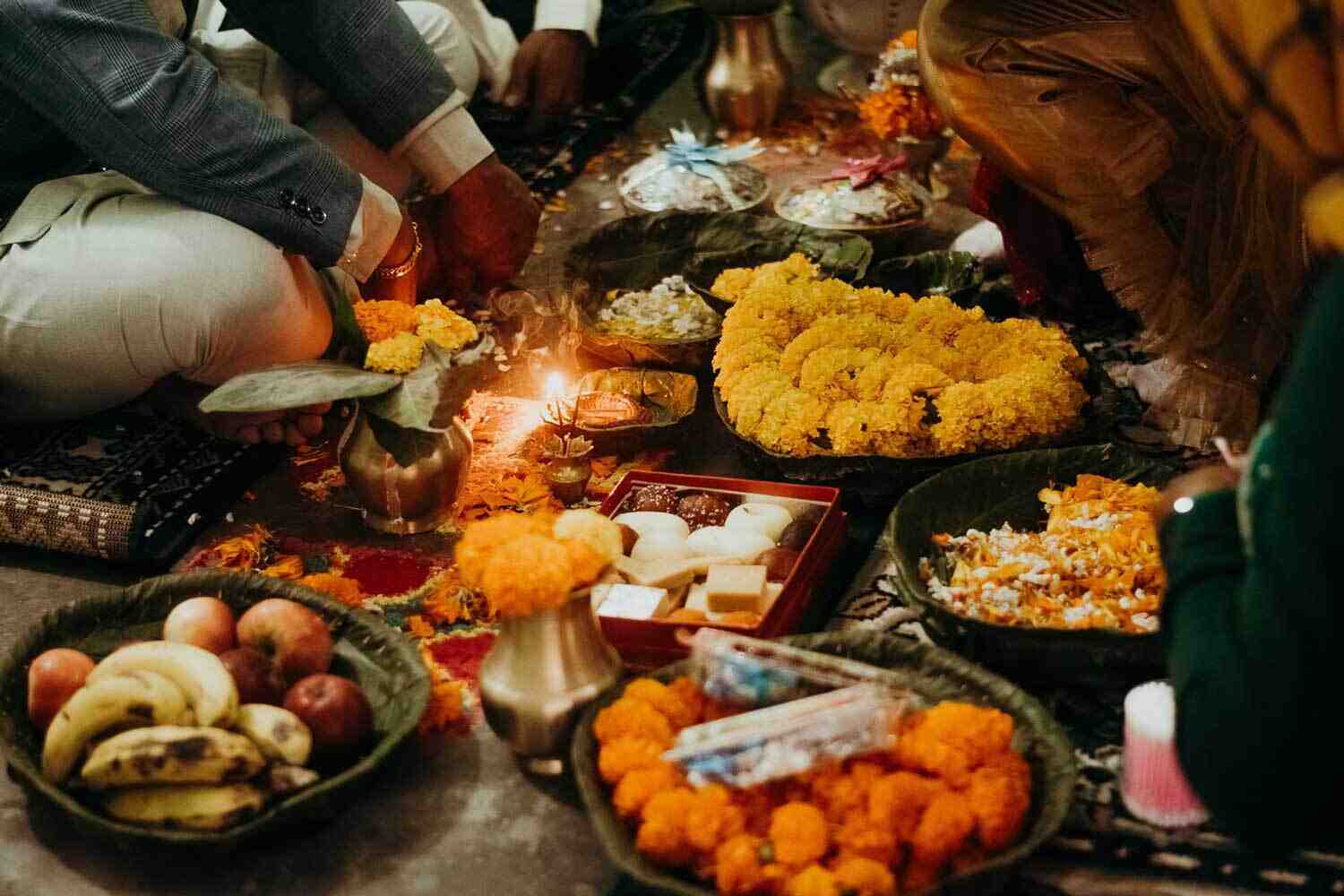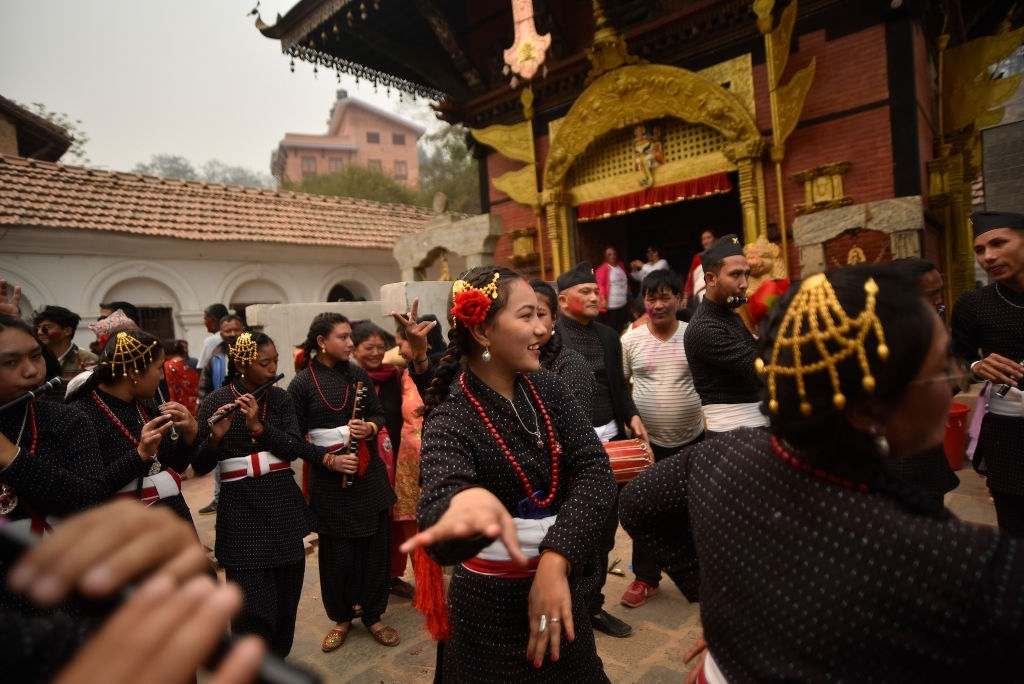An overview to Gai Jatra
Dancing, music, joy, and laughter is the charm of festivalof GaiJatra. The cow festival in the Kathmandu Valley is celebrated to mourn loved ones' death. The family of the deceased of the festival last year mainly send children to parade in the streets as cows. In July or August, the festival is typically held. It's a time for GaiJatra to remember the loss and to relieve the pain. In English, the term 'Gai' is man's cow. In the Hindu religion, the cow is considered the goddess of riches. The real reason for celebrating this festival is to share sorrow and comfort in knowing that its lost ones are healthy.
The day is also marked by a gay parade with many odd clothes dressed. The festival takes eight days in Bhaktapur. This festival was founded in the reign of the rulers of Malla. It is said that for a long time after the premature death of her son the Malla Queen mourned. The king tried to comfort her and asked any family who lost a beloved to come out in a procession to show the queen that she was not alone. This is why the procession through the streets is so joyful and funny.
Story Behind celebrating Gai Jatra
It all began with the, unfortunately, death of a prince, when King Pratap Malla (1641-1674), who was known most by Malla, ruled Kantipur during the Malla Period (now Kathmandu). The king built several monuments in Kantipur, among them Hanuman statue, the tall column with statues of Him and of His household on the square, the KalBhairab statue, and the ChyasinDega (the Krishna Temple) of the same square and the white Pratapur and Anantpur Temples in Swoyambhunath and the Rani Pokhari, in particular, at the royal palace gate. The monument was built at Kantipur. (Sorry, ChyasinDega was one of the temples struck down by the tragic earthquake in the magnitude of 7.8 on April 25, 2015.)
Rani Pokhari's story behind it is very fascinating. In memory of Chakrabartendra, PratapMalla's second eldest five sons, who had been trampled by an elephant at the most unfortunate death. The King has filled the lovely lake with water from all the Kingdom's holy rivers. His Queen's desire to become sanctified by washing in the waters of the holy rivers of the Kingdom was thus fulfilled. Rani Pokhari is now a supplement to GaiJatra's narrative, and they both have a close connection so let us go deep into it. From the king, Bhupendra, Chakrabartendra, Nripendra, Mahipatendra and Parthibendra had two female sons. Being an illuminated spirit, King PratapMalla decided to experiment with a new idea he was interested in. All his five sons wanted to have the experience to rule a kingdom of their own lives, so he gave each of his sons a year's rule. As luck would have it, on the second day of his taking over the reins, the second eldest son Chakrabartendra was killed by an elephant.
His mom, the Queen was devastated, as his favorite offspring happened to be her. She was so sorrowful, she sunk into a deep depression and wallowed her suffering over the days. The king loved them and, after such a wretched day, he could not bear to see them. In repeated attempts to make it forget about the tragic event, he gave all kinds of fun and entertainer. But nobody could even make her smile, let alone laugh, no matter how hard anybody tried. Finally, the King asked his subjects in desperation to arrange a parade that would include one member of every family suffering a loss in that year. He ordered them to dress in wild and extravagant suits and to drag a cow behind them colorfully painted. People who had no cow could dress somebody up like a cow. The King permitted his subjects to make jokes about social norms and people in powerful positions on that particular day. All kinds of buffoons and lamps were allowed. This flaming parade was to pass by the main entrances to the royal palace, where the king and his queen watched the festivities.
As the parade approached, the king noticed the enormous contingent of participants and told the sorrowful queen that every parade participant endured the loss of a member of the family in the past year. After all, the Queen knew that she was not the only one who was so aggravated, after all. Many more complained just as they were over the loss of a loved one. That had not prevented them from going on or attending a very fun parade in strange clothing and crackling wild witches until their bellies hurt. It had nevertheless not stopped them. A grin of merriment gradually started to form her tight lips, and a giggling escaped her, turning finally into laughing.
